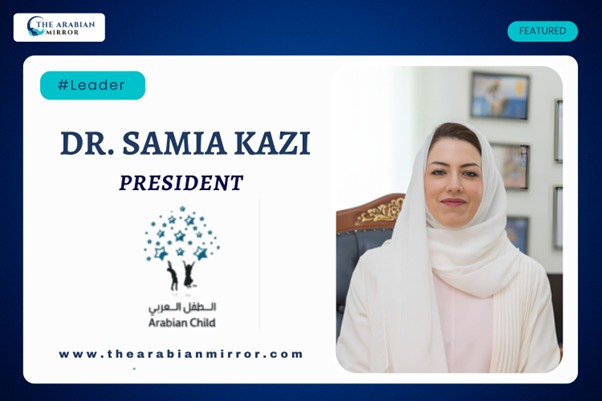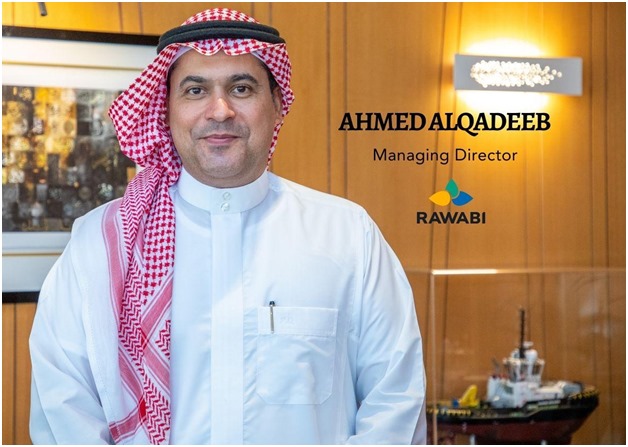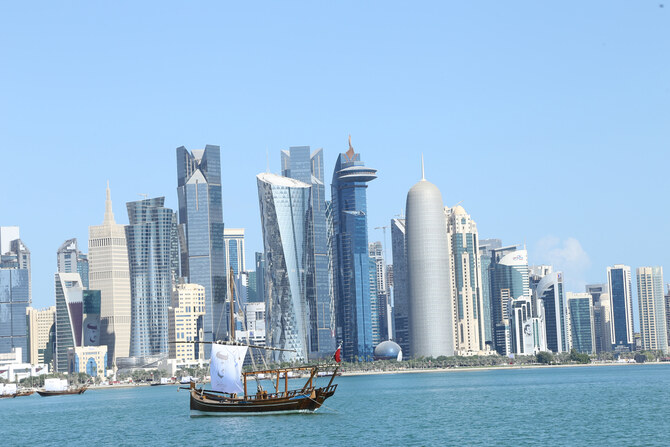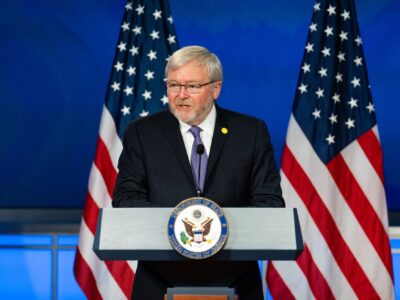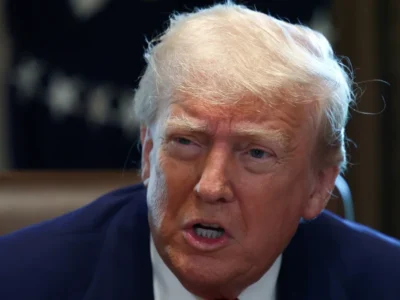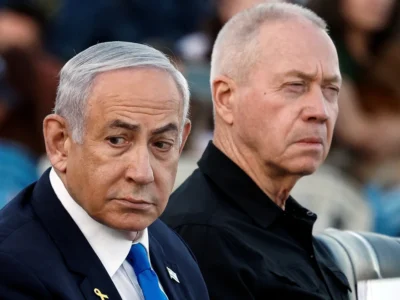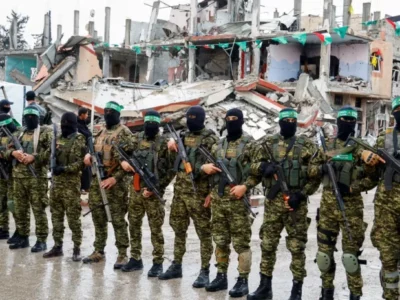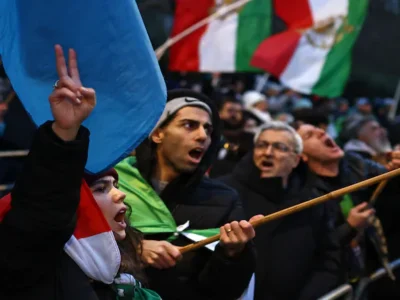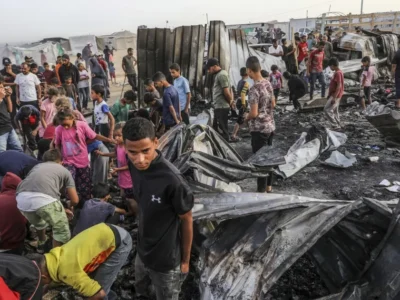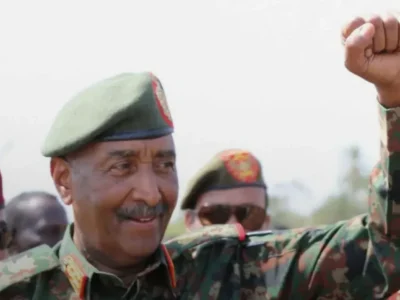As the conflict between Israel and Gaza enters its fifth month, Saudi Arabia finds itself at the forefront of discussions surrounding the path to peace and potential normalization with Israel. With a history of engagement in Palestinian-Israeli issues, Saudi Arabia’s current position carries significant weight, influenced by regional dynamics, international pressures, and domestic considerations.
Saudi Arabia’s Evolving Role on the Global Stage
Under the leadership of Crown Prince Mohammed bin Salman, Saudi Arabia has assumed a more visible and influential role in regional and international affairs. Despite facing scrutiny following the Jamal Khashoggi incident in 2018, the kingdom regained prominence, particularly amid geopolitical shifts such as the Russian invasion of Ukraine. Embracing a more conciliatory foreign policy stance, Saudi Arabia prioritized stability and economic development, aligning with the goals of Vision 2030.
The Biden Administration’s Push for Saudi-Israeli Normalization
Against this backdrop, the Biden administration’s efforts to broker a Saudi-Israeli normalization deal have placed Saudi Arabia under the spotlight. While previous initiatives like the Fahd Plan and the Arab Peace Initiative demonstrated Saudi commitment to Palestinian-Israeli resolution, the current discussions signal a potential shift in approach. With mounting pressure for progress before the US presidential election, Saudi Arabia faces the challenge of balancing its interests with external expectations.
Navigating Diplomatic Channels Amidst Regional Tensions
Recent reports of three-way negotiations between the US, Saudi Arabia, and Israel underscore the complexity of the situation. However, Saudi Arabia’s interests extend beyond mere normalization, with a focus on addressing Palestinian needs and ensuring a fair resolution. Despite external pressures, the kingdom remains cautious, evaluating the implications of any potential agreement on its regional standing and domestic legitimacy.

Saudi Arabia’s Pause in Normalization Talks
The outbreak of violence in Gaza on October 7, 2023, disrupted the trajectory of normalization talks, prompting Saudi officials to reassess their approach. Concerns over the humanitarian crisis and geopolitical ramifications led to a temporary halt in negotiations, reflecting the kingdom’s commitment to Arab and Islamic solidarity. Additionally, high-level dialogues with Iran underscore Saudi Arabia’s efforts to prevent regional escalation and maintain stability.
The Road Ahead: Saudi Priorities and Regional Dynamics
As the conflict evolves and diplomatic efforts intensify, Saudi Arabia’s role remains pivotal in shaping the post-Gaza peace landscape. While prioritizing its own interests, including stability and security, the kingdom also seeks to advance Palestinian rights and aspirations. Any potential normalization deal with Israel must be contingent on tangible progress towards Palestinian statehood and addressing long-standing grievances.
Conclusion: Charting a Course for Peace
Saudi Arabia’s position in the post-Gaza peace process reflects its evolving role as a regional leader and mediator. As discussions continue and diplomatic initiatives unfold, the kingdom faces critical decisions that will shape the future of the region. By navigating geopolitical complexities with pragmatism and strategic foresight, Saudi Arabia has the opportunity to play a constructive role in advancing peace and stability in the Middle East.
Also Read
Folk Maritime: A New Venture in Saudi Arabia’s Maritime Industry













